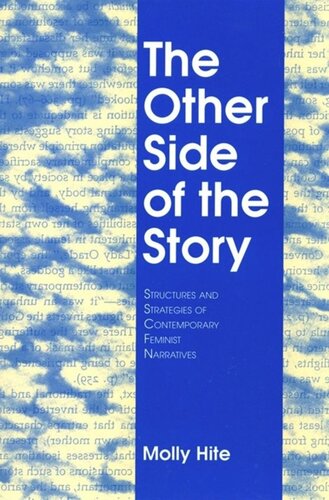

Most ebook files are in PDF format, so you can easily read them using various software such as Foxit Reader or directly on the Google Chrome browser.
Some ebook files are released by publishers in other formats such as .awz, .mobi, .epub, .fb2, etc. You may need to install specific software to read these formats on mobile/PC, such as Calibre.
Please read the tutorial at this link: https://ebookbell.com/faq
We offer FREE conversion to the popular formats you request; however, this may take some time. Therefore, right after payment, please email us, and we will try to provide the service as quickly as possible.
For some exceptional file formats or broken links (if any), please refrain from opening any disputes. Instead, email us first, and we will try to assist within a maximum of 6 hours.
EbookBell Team

0.0
0 reviewsIn a book that compares Virginia Woolf’s writing with that of the novelist, actress, and feminist activist Elizabeth Robins (1862–1952), Molly Hite explores the fascinating connections between Woolf’s aversion to women’s "pleading a cause" in fiction and her narrative technique of complicating, minimizing, or omitting tonal cues. Hite shows how A Room of One’s Own, Mrs. Dalloway, and The Voyage Out borrow from and implicitly criticize Robins’s work.
Hite presents and develops the concept of narrative tone as a means to enrich and complicate our readings of Woolf’s modernist novels. In Woolf’s Ambiguities, she argues that the greatest formal innovation in Woolf’s fiction is the muting, complicating, or effacing of textual pointers guiding how readers feel and make ethical judgments about characters and events. Much of Woolf’s narrative prose, Hite proposes, thus refrains from endorsing a single position, not only adding value ambiguity to the cognitive ambiguity associated with modernist fiction generally, but explicitly rejecting the polemical intent of feminist novelists in the generation preceding her own. Hite also points out that Woolf reconsidered her rejection of polemical fiction later in her career. In the unfinished draft of her "essay-novel" The Pargiters, Woolf created a brilliant new narrative form allowing her to make unequivocal value judgments.